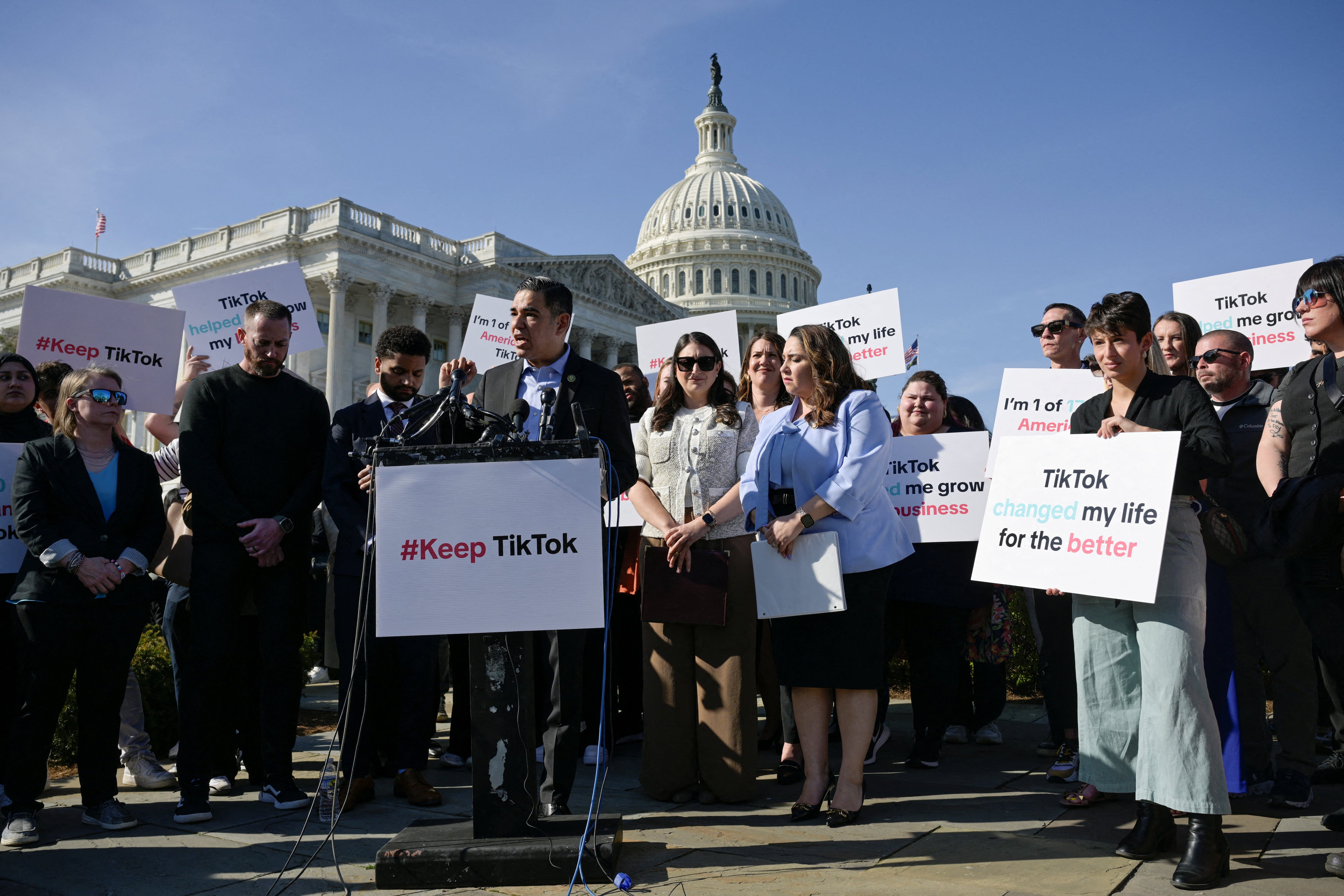In the recently published book “Over Ruled,” Supreme Court Justice Neil Gorsuch and his co-author Janie Nitze highlight several examples of instances where states and the federal government go too far in regulating our day-to-day lives as Americans.
One glaring example highlighted in the book is the case of hair braiding licensing. For many years, aspiring hair braiders were required to complete unnecessary education and training to be legally authorized to work.
Today, most states have implemented reforms and made it easier for hair braiders to work (Hawaii, New Mexico, and Wyoming are key exceptions). Although regulatory reform for hair braiders is important progress, not all news is as promising. And some states seem to be doing a poorer job of reigning in occupational licensing than others.
In a recently published report by the Archbridge Institute, we (along with our co-author Sebastian Anastasi) rank states by the breadth of their occupational licensing laws.
Here are the key findings: First, there are large differences across states with respect to the number of licensed occupations. Texas, a state that prides itself on its economic freedoms, licenses more occupations in our index than any other state. And the gap between Texas and Kansas, the state that licenses the fewest number of occupations, is quite large. Texas licenses 199 occupations, but Kansas licenses 136. States like Arkansas and Tennessee are not that far behind Texas in terms of the number of occupations that are licensed.
Second, there are important regional differences in occupational licensing. States in regions like the East and West South Central license many more occupations than states in the West North Central and Middle Atlantic.
In addition, there are a number of occupations that are licensed in just one state. At the time we gathered our data, florists were one such example. But as of June 2024, florists were de-licensed in the state of Louisiana. Too many other unique licenses persist, however. Texas has a unique license for a mold remediation worker. Rhode Island uniquely licenses lightning-protection installers. The U.S. territory of Puerto Rico has more unique licenses than any state—issuing a unique license for 13 occupations, including public events promoters, public relation specialists, and tire importers.
Finally, our report highlights an important reform we have seen within the last decade in U.S. states. One key cost of occupational licensing is that the credential is not portable. In other words, if a licensed barber moves from West Virginia to Alabama, they may not be able to continue to legally work unless they complete additional training or face long processing time.
Related Articles
Union attacks on the hotel industry have left Los Angeles in poor shape for 2028 Olympics
Neglected victims and empowered cartels: America’s broken immigration system
Why is LAUSD spending $70 million to boost capacity at a school in Silver Lake, when nearby schools have thousands of empty seats?
California’s anti-business, high-tax policies are driving businesses and people away
On Labor Day, consider the injustice of forced union dues in California
Universal recognition seeks to address this hard to justify cost associated with occupational licensing. With universal recognition, states will recognize credentials from other states with certain provisions and requirements. We think that some states do a better job than others with their reforms. More specifically, we rate 10 states with a “gold” reform. We rank states as gold if their reforms do not require residency and do not require that applicants have completed “substantially similar” requirements. We believe that each of these two requirements limits the potential effectiveness of the reform.
In short, occupational licensing requirements are costly and limit the ability of Americans to achieve their dreams. Our report provides further evidence that Justice Gorsuch is right—the U.S. has too many licensing laws. And further, some states have a lot more work to do than others.
Edward Timmons is a senior research fellow and Noah Trudeau is a research fellow with the Archbridge Institute. Timmons is also director of and Trudeau is an affiliated fellow with the Knee Regulatory Research Center at West Virginia University.





























